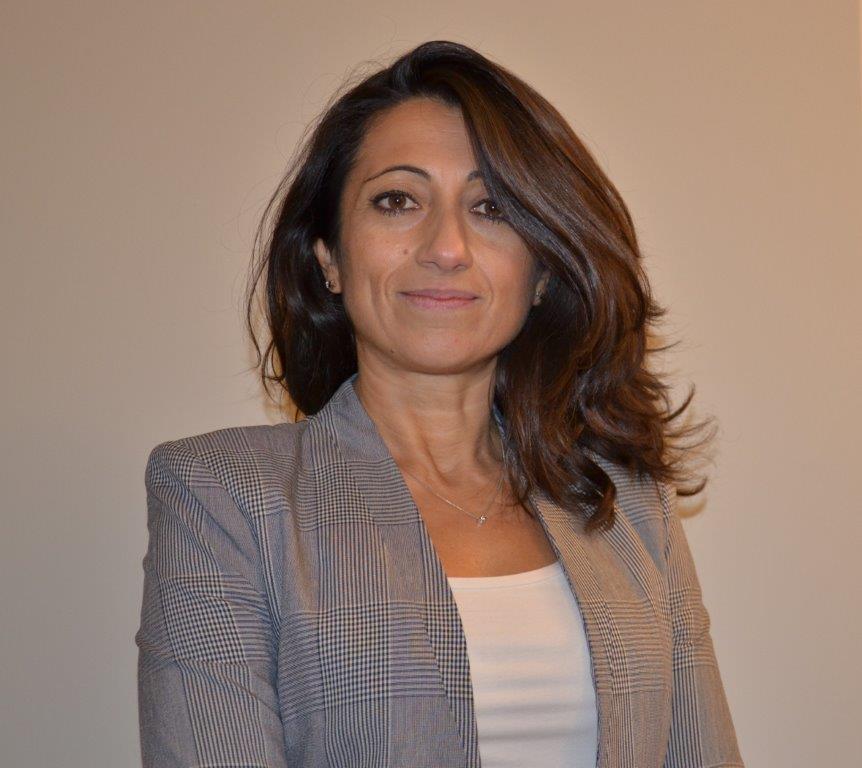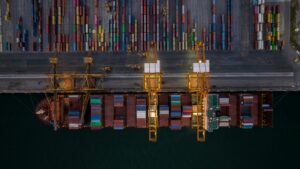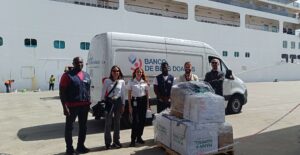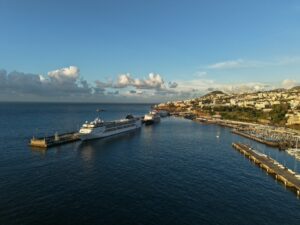Cristina De Gregori, a member of the MedCruise board of directors, delves into the importance of communicating effectively.
Since the early years of its establishment the driving force behind the success of MedCruise has undoubtedly been its firm commitment to work in a team-spirited manner and achieving common goals, in the promotion and marketing of the cruise services offered by Mediterranean ports.
The interest in our Association, which brings together 151 ports with a wide variety of culture, history and characteristics, is constantly increasing.
It is not easy to remain updated with the latest news from our ports and associated members but as a primary role of the association, we can give a voice to all the MedCruise ports on their activities, initiatives, works in progress, state-of-the-art infrastructure developments, sustainable challenges or solutions and new tourism products.
First, we are concentrated on collaboration and networking, convinced that effective communication allows MedCruise to foster collaboration and networking among its member ports and professionals in the sector. By sharing information, best practices and challenges, ports can learn from each other and work together to improve their services, infrastructure, and operations. Regular communication enables the exchange of ideas, experiences and expertise, facilitating joint initiatives and projects. In this sense, communication channels help disseminate vital information within MedCruise and its member ports. This includes updates on industry trends, regulatory changes, market developments and emerging technologies. Timely and accurate information empowers ports to make better and targeted decisions, while adapting to new circumstances and staying competitive in the cruise market.
An effective and fast communication network has become even more critical during the recent, challenging pandemic. Nevertheless, MedCruise promptly relayed important information, guidelines and protocols to member ports, cruise lines and relevant stakeholders. Coordinated communication has helped to ensure accurate information, maintaining the safety and well-being of passengers, crew, and local communities. Hence, it is not a coincidence that the first region to resume cruise activity was the Mediterranean.
Also, the increasing role of social media enabled MedCruise to promote its member ports and the Mediterranean cruise experience to potential cruise passengers worldwide. By effectively communicating the unique features, attractions and services offered by each port, the Association can enhance the region’s appeal and drive cruise bookings. Marketing campaigns, social media presence and targeted communication helps raise awareness, increases visibility and attracts more cruise lines and tourists to the Mediterranean.
As discussed during the last General Assembly in Corfu, communication plays a vital role in advocacy efforts and public relations for MedCruise. By effectively conveying the value and importance of cruise tourism to the Mediterranean region the association can influence public opinion, engage with policymakers and garner support for the industry. Clear and compelling communication helps build positive relationships with various stakeholders, including governments, local communities, environmental organizations and the media.
Overall, in today’s interconnected and fast-paced world, effective communication is essential for MedCruise. It fosters collaboration, information sharing, crisis management, marketing and continuous learning, all of which contribute to the success and growth of the Mediterranean cruise industry.





